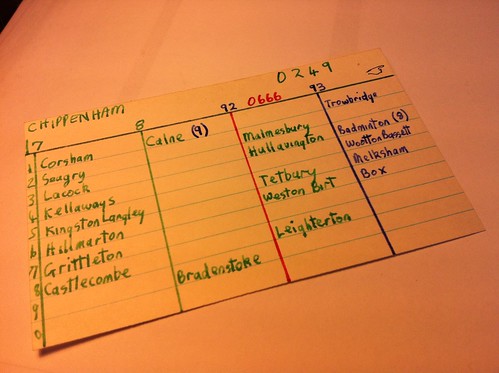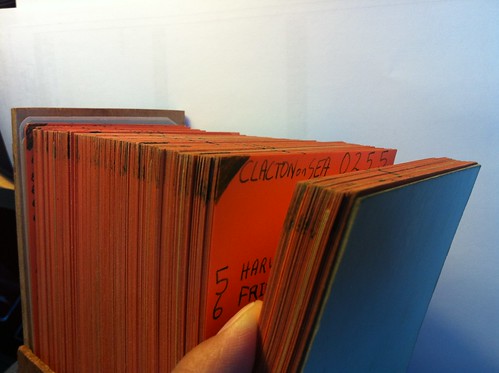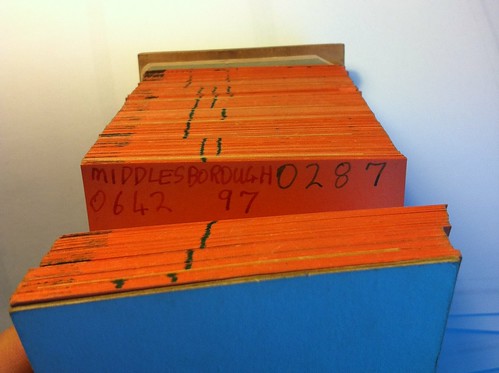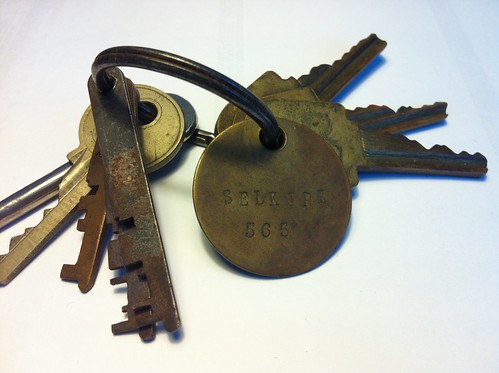So, another little post about my dad’s activities.
Last time I posted some of his phreaking stuff, and here’s another post of some slightly less technological but non-the-less essential equipment for the 1950’s/60’s phone hacker.
Now, you’ll have to forgive me if I get anything wrong, my dad died 7 years ago and we didn’t talk about this stuff just prior to his death. It was one of those things we chatted about randomly at various points in the past… So I may not recall it all correctly.
There are two versions of this, I think. The later one:
And the earlier one:
As John said, they are indeed STD (Standard Trunk Dialling, or ‘area’) codes for every single area in the UK. The reason for the very specific breakdown of codes was that at the time there were codes that, as I understand it, were adjacent areas that were considered local. So you might live in a town, say, ‘Fredtown’ with the area code 0245. Surrounding Fredtown you’ve got ‘Potville’ on 0246, ‘Frankston’ on 0247 and ‘Joneston’ on 0249. All those exchanges in the neigbouring towns were considered by the Fredtown exchange to be ‘local’. A bit further away is Bobtown, on 0248.
Bobtown (0248), your exchange considers to be ‘long distance’. However, Bobtown is right near Frankston (0247) and the Frankston exchange thinks that Bobtown and Fredtown are both ‘local’.
If, say, you were in Fredtown and wanted to dial your friend in Bobtown (0248 12345) but didn’t want to pay the long distance rate then ringing the Frankston exchange and asking it to route a call to Bobtown (which Frankston happens to think is local) would save you paying for a long distance call.
Of course, you’d have to know which exchanges think other exchanges are ‘local’.
For which you’d require a complete set of UK dialling codes, their location, and ideally a means of organising them such that you know what is ‘local’ to what.
Which might, indeed, be the purpose of the cards.
Of course, you can also use the cards to identify which exact exchange any given number is served from, too. A handy side benefit :)
So there y’go. Phone hacking on paper.
Sadly I can’t remember exactly how the cards worked. Not that they would work now, digital exchanges spoilt all that basic simple hackery. Still, pretty nifty…
Whilst we’re here, here’s a better shot of my dad’s home-cut keys for Selkirk hall at Imperial College (the locks have sadly been changed…). That’s a bonus for y’all because the last set of photos were such hideously poor quality.



